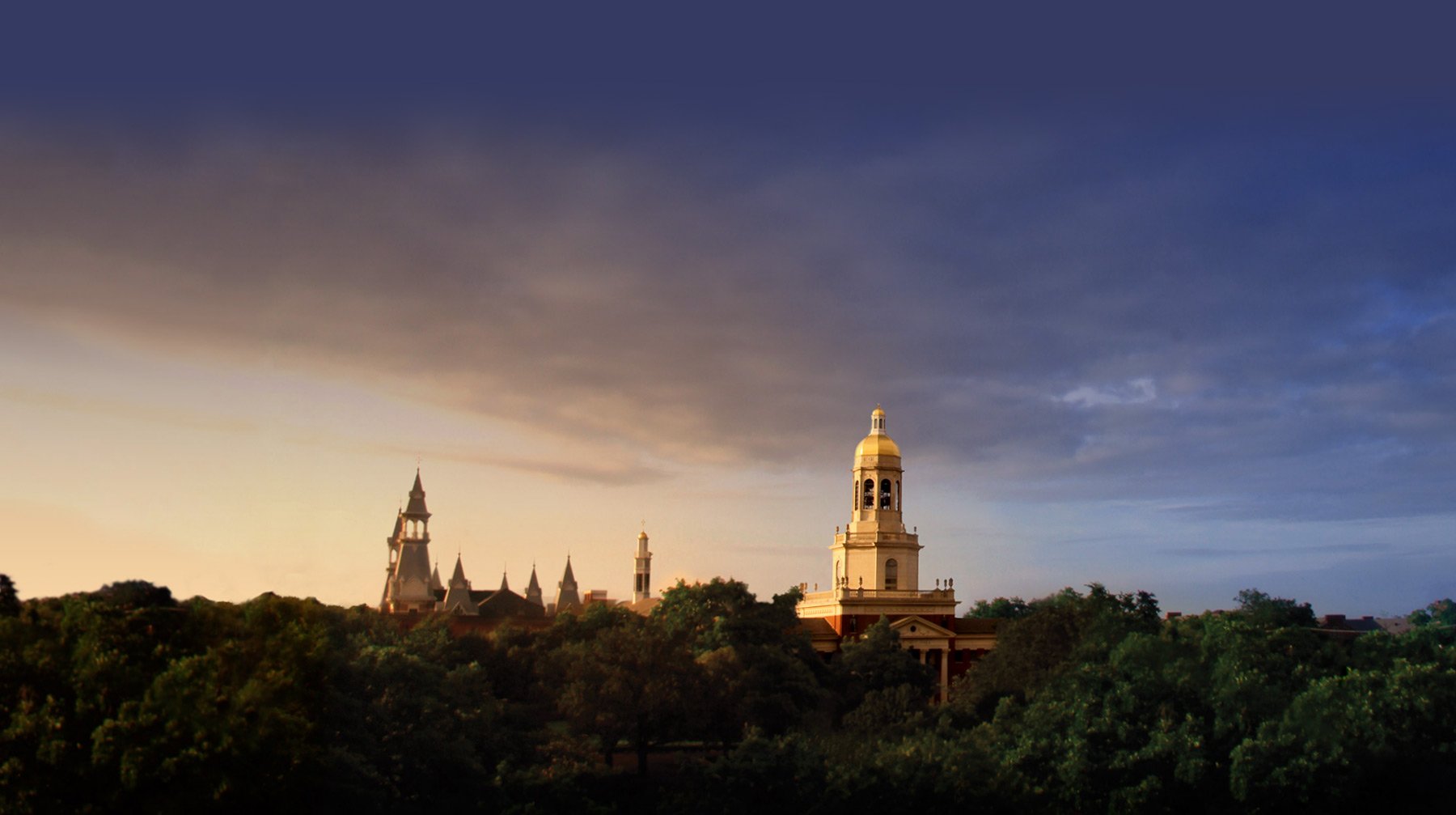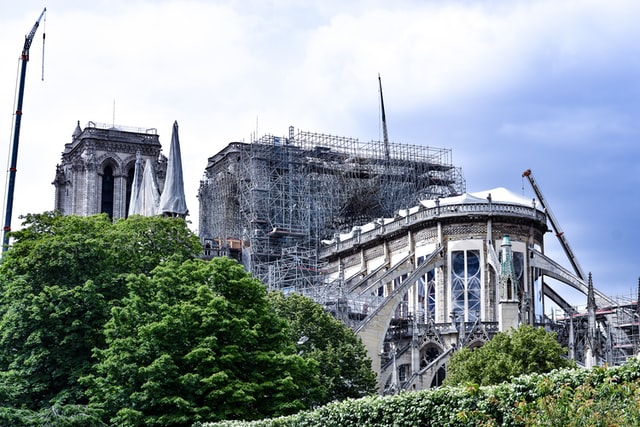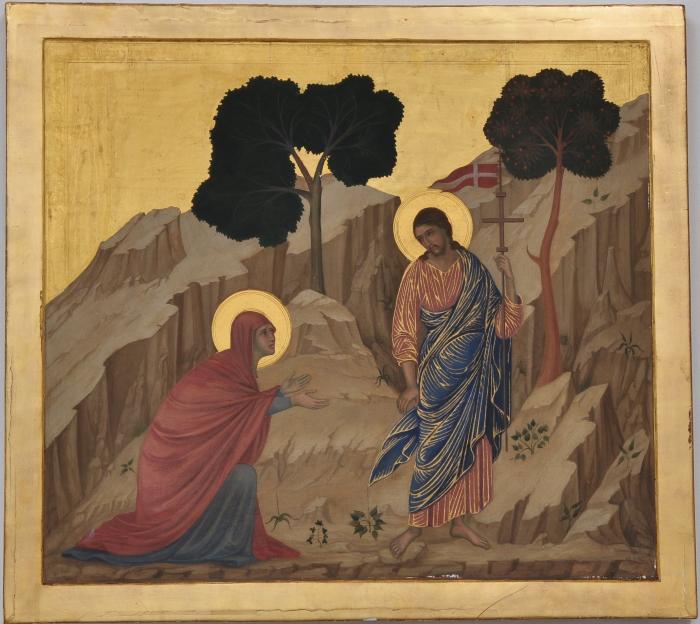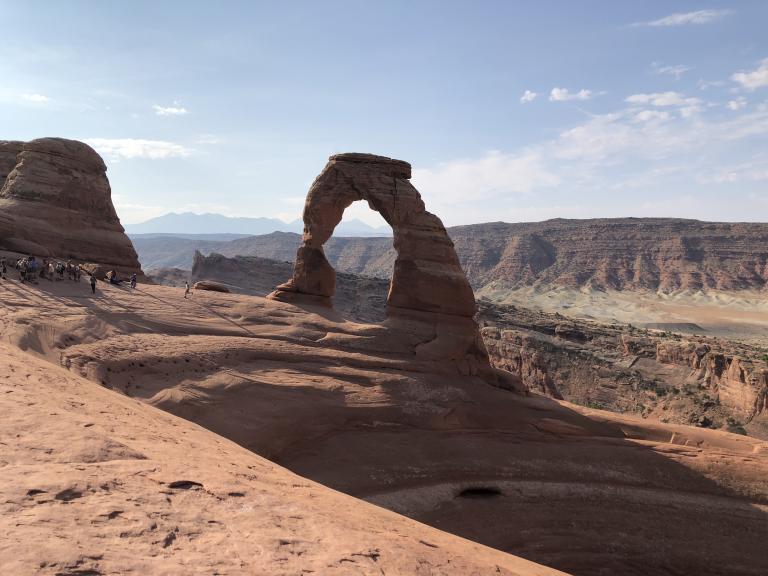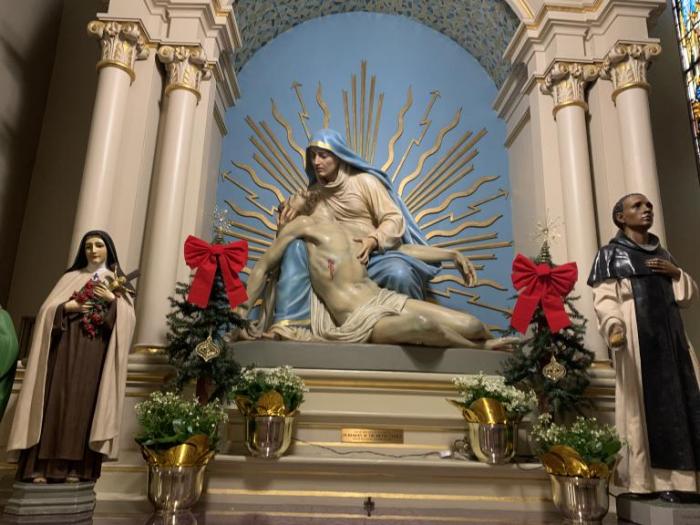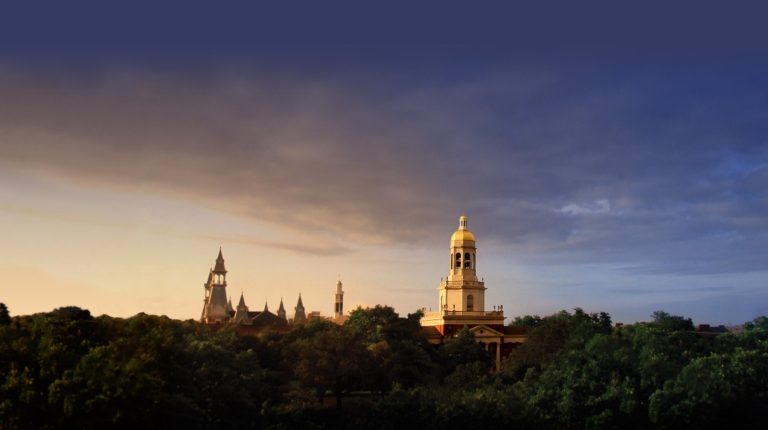Presbyterians, Politics, And American Society: A Conversation With Historians In The PCA
Today we welcome Otis W. Pickett and his colleague Brian Franklin as they share their thoughts on a history panel held at the General Assembly of the Presbyterian Church in America. Otis is an Assistant Professor in the Department of History and Political Science at Mississippi College. Brian Franklin is Associate Director of the Center for Presidential History at Southern Methodist University.
Historians have long engaged in spirited discussions about the ways in which we interact (or fail to interact) with our broader communities. These discussions have picked up considerably since the election of Donald Trump in 2016, as historians and the public alike have sought to make sense of seemingly unprecedented times. Historians have met this public hunger for historical understanding in all sorts of venues. From Twitter, to podcasts such as Ben Franklin’s World, Backstory, or Footnotes to series like Made By History at The Washington Post, historians have purposefully and regularly brought their expertise to bear on American politics and society. This drive toward engaging with our communities has further increased amid a crisis in the profession, as opportunities for traditional tenure-track opportunities have shrunk, and the importance of work in the public spheres of journalism, museums, libraries, and historic sites has seen some increase.
We were excited to bring this same spirit of public engagement with history to a specific religious community when the General Assembly of the Presbyterian Church in America met from June 25 to 28 in Dallas, TX. Direct engagement with religious communities—especially the governing bodies of those communities—has not been a prominent feature of the recent resurgence of historians’ public engagement. There are some good reasons for this: many religious groups require membership (or some leadership status) in order to gain a platform, while some religious governing bodies eschew outside critical evaluation altogether, especially while conducting official business. But there are other reasons why historians have failed to engage with religious communities as well including: doctrinal disagreement, dismissal of religious bodies, or sheer lack of forethought or potential interest.
After the two of us met at the biennial meeting of the Conference on Faith & History in October 2018, we brainstormed: what would it look like for us as historians to engage more with our own religious denomination? We quickly identified an opportunity: submitting an application to lead a seminar at the Presbyterian Church in America’s General Assembly. General Assembly convenes annually in June, with the primary purpose of denominational leaders gathering to discuss matters important to the life of the PCA, and to make decisions that affect the whole denomination. During each annual meeting, the General Assembly provides Seminars, which they describe as “expert-led, in-depth training on topics that are relevant to…life, work, church and community.” We submitted an application, and received an encouraging word back. Not only had the committee accepted our application, but they were excited about it.
The PCA—and its Presbyterian denominational ancestors—has certainly reckoned with history during its annual meeting before. The PCA’s mother denomination—the Presbyterian Church in the United States of America (PCUSA)—met for the first time in Philadelphia, during the Summer of 1789. The attendees knew that their meeting coincided with the historic first meeting of another national body of representatives: the First United States Congress in New York. Aware of their “consequence in the republic,” the Assembly approved an address to send to President Washington which affirmed both their aim to function as a “worthy…Christian denomination” and their role in promoting “truth and virtue…[as] important service to the republic.” Washington was all too glad to reply, thanking the Assembly for their “laudable endeavors to render men sober, honest, and good Citizens.”
The PCA has engaged with politics and society in various ways since its founding in 1973 (when it split from the PCUSA), perhaps never as critically as it has over the last several years.
In 2014, at the prompting of the Presbyterian Historical Center and Archives in St. Louis, MO and its director, Wayne Sparkman, a pre-GA history conference was held at the General Assembly in Houston, TX. At that conference, professional historians and scholars of historical theology presented research on a variety of topics from the denomination’s theological foundations and development to ways in which Presbyterians have dealt with issues of race over the last several years. Sean Michael Lucas and J. Ligon Duncan III, along with Carl Ellis, Bobby Griffith and Otis W. Pickett presented papers to commissioners on how the history of the denomination spoke into issues of race, racial division, multiethnic worship, segregation and how the Presbyterian church dealt with racial issues from the nineteenth century up to the Civil Rights movement.
At the 2015 General Assembly, Lucas and Duncan proposed a personal resolution confessing the sins of racism in the denomination in the 1960s and 70s. Several elders, including Jim Baird (founding member of the PCA in 1973), spoke to the denomination’s failure to display unity in Christian brotherhood as well as the body’s general lack of engagement and interest in Civil Rights activities. That same year, Lucas’s important book For A Continuing Church appeared and provided historical depth to the discussion and making important connections of the PCA as a “continuing church” of the old PCUS (the southern branch of Presbyterianism which formed along sectional lines just prior to the Civil War largely over issues connected to slaveholding). Over the next year, several churches spent time examining session records, archives and brought further evidence of racism in PCA churches to light. Many of those church sessions brought these findings to presbyteries, which then sent overtures to General Assembly in hopes of creating a process for genuine racial and ethnic reconciliation throughout the denomination.
In 2016, over forty overtures related to this issue appeared at the General Assembly. That assembly published a statement of repentance and appointed an ad-interim committee to examine the depths of racial division in the PCA and to report back to the assembly with recommendations on how to move forward. The report, which included a nation-wide survey of more than five thousand elders in the denomination, was submitted to the 2018 General Assembly in Atlanta and adopted. This report, along with a simultaneous assembly-wide discussion of race and ethnic reconciliation were encouraging steps and pointed to the important ongoing work that the PCA must commit itself to over the next several decades.
We hoped to build on this momentum within the denomination with our 2019 seminar, entitled “Presbyterians, Politics and American Society: A Conversation with Historians in the PCA.” Our motivation was straightforward. First, we are convinced that Christians in our denomination should be engaging with politics and society. Second, we believe that an understanding of history is critical for helping people engage in thoughtful, hospitable, and loving ways. With these convictions in mind, we brought a group of historians (all of whom were officers or members in good standing in PCA churches) together with a simple prompt: speak about a moment in American Presbyterian history, and reflect on how that story can and should influence how Presbyterians interact in politics and society today.
Our group included:
- Malcolm Foley (Baylor University, Ph.D. Candidate) – An exploration of Francis Grimke’s prophetic response to the lynching of African Americans at the turn of the 20th century, and the role of Christians in speaking out against injustice.
- Dr. Brian Franklin (SMU Center for Presidential History) – On how Presbyterian minister Samuel Miller focused much of his attention on courting political favor at the turn of the 19th century, and what Christians can learn about their involvement in partisan politics.
- Dr. Otis W. Pickett (Mississippi College) – On how 19th-century Presbyterian missionaries from South Carolina dealt with issues related to race through mission churches in the antebellum South, their role in promoting the Lost Cause during Reconstruction and what their experience teaches twenty first century Christians.
- Dr. Bobby Griffith (Ph.D. University of Oklahoma) – On the conspiracy theories related to the Apollo 8 commemorative postage stamp of the late-1960s, and the importance of Christians carefully discerning media.
- Dr. Nicholas Pruitt (Eastern Nazarene College) – A look at how Presbyterians in the mid-20th century navigated their beliefs about politics and missions amid their considerations of immigration and refugee policy.
- Dr. Ansley Quiros (University of North Alabama) – On how the political and cultural divisions of the 1960s reveal that the roots of such controversies—then and now—are often rooted in racial animus.
Pastors seek to guide their congregations through tumultuous times of political, racial, gender and socio-economic division. We hope that this panel provided Teaching and Ruling Elders in the PCA, as well as visitors who attended, with a historical lens to help steer their churches through this cultural turbulence with wisdom, openness, and thoughtfulness. All of these issues are complex and cannot be solved with simple statements or solutions. But a historical framework can help them process denominational history and societal change over time in complex and nuanced ways. Furthermore, being well versed in the history and experiences of women, African Americans, Native Americans, immigrants, along with a larger understanding of social, political and economic history, will help pastors, staff, elders, the diaconate and membership as they seek to engage their communities and come alongside diverse people groups in their own neighborhoods.
